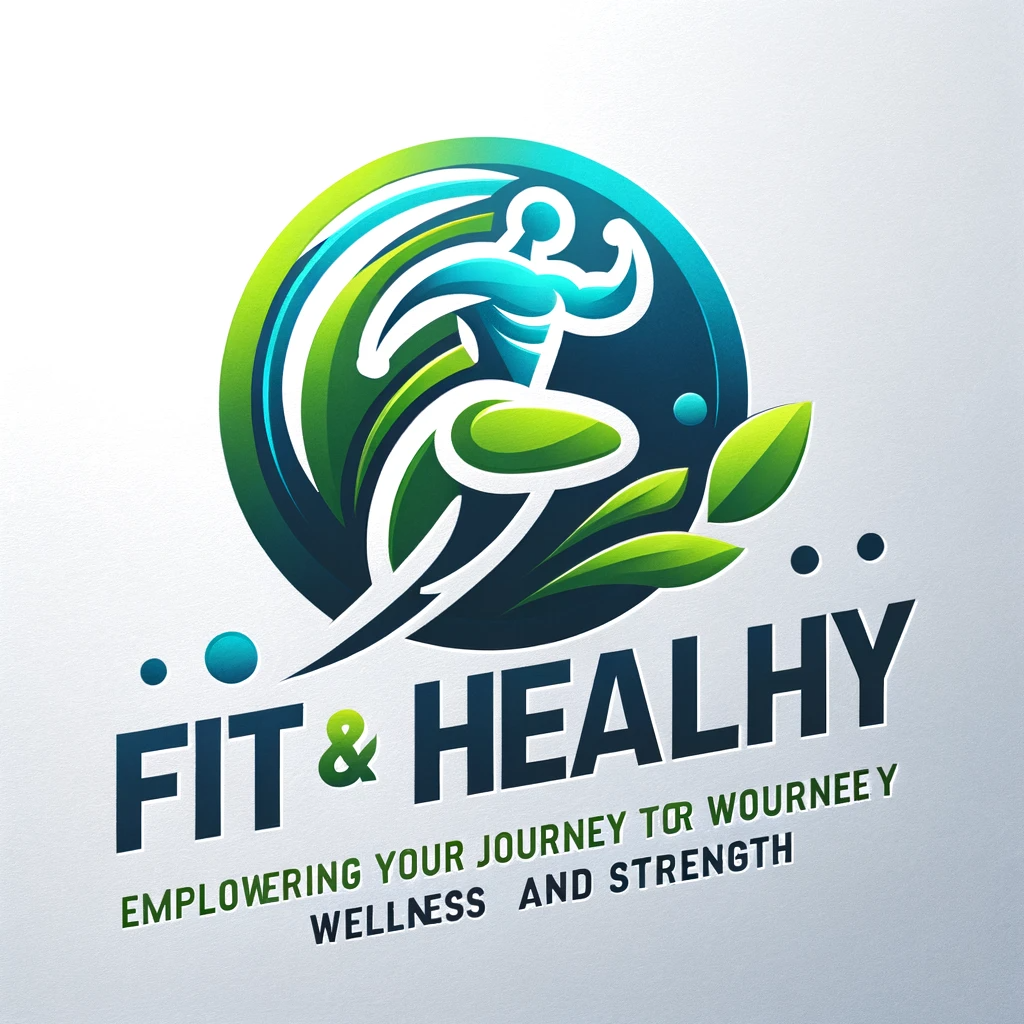Did you know that U.S. consumers spent over $48 billion on nutritional supplements in 2021? The market for these products is booming, with people seeking to improve their health and well-being. However, the effectiveness and safety of many supplements are still under scrutiny. When it comes to choosing the right supplements for your needs, it’s essential to separate what works from what to avoid.
Key Takeaways:
- U.S. consumers spent over $48 billion on nutritional supplements in 2021.
- The effectiveness and safety of many supplements are still being researched.
- Choosing the right supplements requires careful consideration and expert advice.
- Not all supplements have proven benefits, while some may carry potential risks.
- Consulting with a healthcare provider is crucial when incorporating supplements into your regimen.
Profile of a Supplement User
Many supplement users, like Suzanne Bank, an interior designer, rely on supplements to maintain their health and well-being. Bank takes regular supplements such as vitamin C, apple cider vinegar, tri-magnesium, and cat’s claw. She believes these supplements have kept her healthy and active, with no adverse effects. While individual testimonials like Bank’s are common, the scientific evidence for the specific benefits of these supplements is limited.
Suzanne Bank, an interior designer, is a supplement user who relies on regular supplements such as vitamin C, apple cider vinegar, tri-magnesium, and cat’s claw to maintain her health and well-being. While she experiences the perceived health benefits of these supplements, the scientific evidence for their specific benefits is limited.
Supplement users like Suzanne Bank often turn to these products with the hope of improving their overall health. However, it is important to note that while individual experiences may vary, the effectiveness of these specific supplements remains uncertain. Let’s explore the available evidence for these popular supplements.
Which Supplements Work?
When it comes to dietary supplements and their impact on overall health, it’s important to navigate the sea of information with caution. While some supplements have well-established benefits, others lack sufficient evidence to support their claims. It is crucial to understand that supplements should never replace a balanced diet and variety of foods, which remain the best sources of essential nutrients.
The U.S. Food and Drug Administration (FDA) acknowledges that certain supplements can help meet daily nutrient requirements and contribute to better overall health. Multivitamins, for example, are designed to provide a wide range of essential nutrients that may be lacking in your diet. However, independent research and evidence-based studies are needed to accurately assess the benefits of many other dietary supplements.
The U.S. Preventive Services Task Force, an independent panel of experts, has concluded that there is insufficient evidence to support most supplements in preventing cardiovascular disease and cancer. While some individual studies suggest potential benefits, the overall evidence is limited and inconclusive.
In a society where dietary supplements are readily available, it is essential to prioritize evidence-based benefits and make informed choices. Always consult with a healthcare professional before starting any new supplement regimen.
One supplement with well-established benefits is prenatal folic acid. Adequate intake of folic acid before and during early pregnancy reduces the risk of neural tube defects in infants. This is why healthcare providers recommend women of childbearing age to take a daily supplement containing folic acid.
Other supplements that have been widely studied include vitamin D and calcium for musculoskeletal health. Both nutrients play a crucial role in bone health, with vitamin D aiding in calcium absorption. However, the benefits of these supplements in preventing chronic diseases like cardiovascular disease and cancer are less conclusive.
In addition to prenatal folic acid, there are other supplements that may provide potential benefits for specific conditions. For example, joint health supplements containing collagen have gained popularity in recent years. Collagen is a protein that supports joint flexibility and may help alleviate joint pain and stiffness. However, further research is needed to establish its effectiveness.
To summarize, while there are dietary supplements with evidence-based benefits, it is important to approach them with caution and prioritize a healthy, balanced diet. Always consult with a healthcare professional before starting any new supplement regimen, especially if you have underlying health conditions or take prescription medications.
| Supplement | Evidence-based Benefits |
|---|---|
| Prenatal Folic Acid | Prevents birth defects, such as neural tube defects |
| Vitamin D | Potential benefits for musculoskeletal health, including bone health |
| Calcium | Potential benefits for musculoskeletal health, including bone health |
| Collagen | Potential benefits for joint health |
Remember, dietary supplements should complement a healthy lifestyle, not replace it. Prioritize a balanced diet, engage in regular physical activity, get enough sleep, and manage stress effectively. By doing so, you can optimize your overall health and well-being.
Popular Supplements and Concerns
Beauty supplements targeting the improvement of skin, hair, and nails have gained significant popularity in recent years. While these supplements claim to enhance beauty and promote overall wellness, it is important to approach them with caution and awareness. Several concerns have been raised regarding certain ingredients and formulations commonly used in beauty supplements.
Concerns with Biotin and Thyroid Function
Biotin, a B-vitamin often found in hair and skin health supplements, has been associated with potential interference in thyroid function testing. This interference can lead to inaccurate results and can impact the diagnosis and treatment of thyroid disorders. Moreover, excessive biotin intake can affect cardiac function testing, causing misleading outcomes. For individuals with thyroid concerns or those undergoing thyroid function testing, it is advisable to discuss the use of biotin supplements with your healthcare provider.
Collagen Supplements and Heavy Metal Contamination
Collagen supplements, which have gained popularity for their potential benefits in promoting skin elasticity and joint health, have encountered issues related to heavy metal contamination. Studies have identified the presence of heavy metals such as lead, mercury, and arsenic in certain collagen supplement products. These contaminants pose potential health risks when consumed regularly or in excessive amounts. Therefore, it is crucial to exercise caution when choosing collagen supplements and opt for products that prioritize quality control and safety.
Proprietary Blends and Lack of Transparency
Some beauty supplements and other dietary products may list “proprietary blends” as ingredients without disclosing the specific components and their quantities. This lack of transparency raises concerns among consumers, as it becomes challenging to assess the safety and efficacy of these blends. Without knowing the exact ingredients and their dosages, it becomes difficult to evaluate potential interactions, allergens, or other concerns related to specific individuals. It is recommended to prioritize supplements that provide detailed ingredient lists, enabling informed decision-making and better control over healthcare choices.
Beauty supplements can be a valuable addition to your beauty and wellness routine, but it is essential to stay informed and cautious. Discuss any concerns or questions with your healthcare provider to ensure the best choices for your specific needs and health goals.
When considering beauty supplements, it is crucial to prioritize your overall well-being and work towards maintaining a balanced lifestyle. Relying solely on supplements may not provide optimal outcomes, as a healthy diet, regular exercise, and proper skincare routines play vital roles in promoting skin, hair, and nail health. Remember, beauty starts from within, and the combination of wholesome nutrition and holistic self-care practices can contribute to long-lasting beauty and wellness.
Potential Solutions: More Oversight and Legislation
The regulation of dietary supplements in the United States is governed by the Dietary Supplement Health and Education Act (DSHEA) of 1994. This act allows dietary supplement manufacturers to bring their products to market without prior review by the Food and Drug Administration (FDA). While the DSHEA was intended to promote consumer access to supplements, it has raised concerns about the lack of pre-market regulation and limited post-market surveillance.
Experts in the field have voiced their concerns regarding the safety and effectiveness of dietary supplements. They argue that without proper FDA oversight, it becomes challenging to ensure the quality, purity, and accuracy of supplement products. This lack of oversight also makes it difficult to detect and address any potential adverse events associated with supplement usage.
To address these concerns, there is a growing call for more oversight and legislation in the supplement industry. Bipartisan legislation has been introduced in the Senate with the aim of strengthening FDA oversight and requiring dietary supplement manufacturers to list their products with the FDA. This legislation seeks to improve consumer protection by enhancing the regulation and monitoring of dietary supplements.
“The lack of pre-market regulation and limited post-market surveillance raise concerns among experts, who advocate for more oversight and legislation.”
Increased FDA oversight and legislation have the potential to provide consumers with greater assurance of product safety, quality, and efficacy. It would also enable better monitoring of adverse event reports, allowing for prompt action to be taken in the event of any issues arising from dietary supplement usage. Moreover, increased transparency in the supplement industry can help build consumer trust and confidence in the products they purchase.
Proposed Changes by the Legislation
| Proposed Changes | Impact |
|---|---|
| Strengthen FDA oversight of dietary supplements | Enhanced regulatory oversight and increased safety measures |
| Require dietary supplement manufacturers to list products with the FDA | Improved transparency and accountability in the industry |
The Council for Responsible Nutrition, an industry trade association representing dietary supplement manufacturers, also acknowledges the need for more oversight and reform in the industry. They support evidence-backed supplements and advocate for the safety and well-being of consumers.
With the implementation of stronger FDA oversight and legislation, the supplement industry can progress towards providing consumers with safe, effective, and quality products. By ensuring greater transparency and accountability, regulatory changes have the potential to address the concerns surrounding dietary supplements and instill confidence in their usage.
Industry Perspectives
The Council for Responsible Nutrition (CRN) plays a crucial role in the supplement industry, advocating for evidence-backed supplements that can contribute to health care cost savings. CRN emphasizes the importance of targeted supplements for specific conditions, highlighting the potential benefits of omega-3 fatty acids, vitamin D, and magnesium.
Omega-3 fatty acids, found in fish oil supplements, have been extensively studied for their cardiovascular benefits. Research suggests that omega-3 fatty acids can help reduce the risk of heart disease and stroke, making them a valuable addition to a healthy lifestyle.
Vitamin D, often obtained through sunlight exposure, plays a vital role in bone health and may help prevent osteoporosis-related fractures. With insufficient sunlight exposure being a common concern, vitamin D supplementation can be beneficial, especially for individuals with limited sun exposure.
Magnesium, an essential mineral, is involved in various bodily functions, including cardiovascular health. Supplementing with magnesium has shown potential in reducing the risk of cardiovascular-related disease events.
While CRN acknowledges the need for more oversight and reform within the supplement industry, they are committed to the safety and verification of supplements. They work closely with manufacturers to ensure that products meet strict quality standards and comply with regulatory requirements.
It is important to note that the efficacy and safety of supplements depend on various factors, including the individual’s health status, existing medications, and dosage. It is always recommended to consult with a healthcare professional before starting any new supplement regimen or making changes to existing ones.
| Supplement | Benefits |
|---|---|
| Omega-3 Fatty Acids | Reduced risk of heart disease and stroke |
| Vitamin D | Improved bone health, prevention of osteoporosis-related fractures |
| Magnesium | Reduction in cardiovascular-related disease events |
As the supplement industry evolves, continued research, responsible regulation, and consumer education are essential to ensure the safety and effectiveness of supplement use. By staying informed and selecting evidence-backed supplements from reputable manufacturers, individuals can make informed choices to support their overall health and well-being.
Conclusion
When it comes to dietary supplements, it is important to approach them with caution and consult with a health care provider. While some supplements may have benefits, many lack scientific evidence and may carry risks. Quality control and regulation in the supplement industry are ongoing concerns. Consumers should prioritize a healthy diet and lifestyle before relying on supplements. Reporting any adverse effects to the FDA and maintaining open communication with health care providers is crucial for safe supplementation.
FAQ
Are all dietary supplements effective?
Not all dietary supplements are effective. While some supplements have established benefits, such as meeting daily nutrient requirements and improving overall health, the overall evidence is limited. Many supplements lack scientific evidence and may carry risks.
What should I look for in a nutritional supplement?
When choosing a nutritional supplement, it is important to look for evidence-based benefits and research-backed ingredients. Prioritize supplements that have undergone third-party testing for quality and safety. Consult with a healthcare provider for personalized recommendations.
Are there any supplements that are proven to prevent specific health conditions?
There are some supplements that have been shown to have potential benefits in preventing specific health conditions. For example, prenatal folic acid has been proven to prevent birth defects. Vitamin D and calcium have also been mentioned as supplements with potential benefits for musculoskeletal health. However, more research is needed for most supplements in preventing cardiovascular disease and cancer.
Are beauty supplements safe to take?
Caution is advised when taking beauty supplements. Biotin, often found in hair and skin health supplements, can interfere with thyroid and cardiac function testing. Some collagen supplements have been found to contain heavy metals. It is important to choose reputable brands and consult with a healthcare provider before starting any beauty supplement.
How are dietary supplements regulated?
Dietary supplements are regulated under the Dietary Supplement Health and Education Act (DSHEA) of 1994. This act allows supplement makers to bring products to market without FDA review. However, there are ongoing concerns about the lack of pre-market regulation and limited post-market surveillance. Legislation has been introduced to strengthen FDA oversight and require dietary supplement makers to list their products with the FDA.
What is the perspective of the supplement industry?
The Council for Responsible Nutrition supports the use of many supplements and highlights the health care cost savings associated with targeted supplements for specific conditions. They mention the benefits of omega-3 fatty acids for cardiovascular disease, vitamin D for osteoporosis-related fractures, and magnesium for cardiovascular-related disease events. However, the industry acknowledges the need for more oversight and reform to ensure safety and maintain consumer trust.
What precautions should I take when using dietary supplements?
It is important to approach dietary supplements with caution and consult with a health care provider. Prioritize a healthy diet and lifestyle before relying on supplements. Report any adverse effects to the FDA and maintain open communication with your health care provider to ensure safe supplementation.
Source Links
- https://www.webmd.com/vitamins-and-supplements/news/20231228/dietary-supplements-which-work-and-which-dont
- https://www.everydayhealth.com/news/supplements-risks-every-women-should-know/
- https://ods.od.nih.gov/factsheets/WYNTK-Consumer/
Related Articles
Balanced Diet for Strength Training: What to Eat for Muscle Gain
Kickstarting Cardio Health: Essential Tips to Begin Your Journey
Find the Best Weight Loss Supplements for Men Today!
“Fueling Your Fitness: Essential Nutrition Tips for Athletes”










Leave a Reply